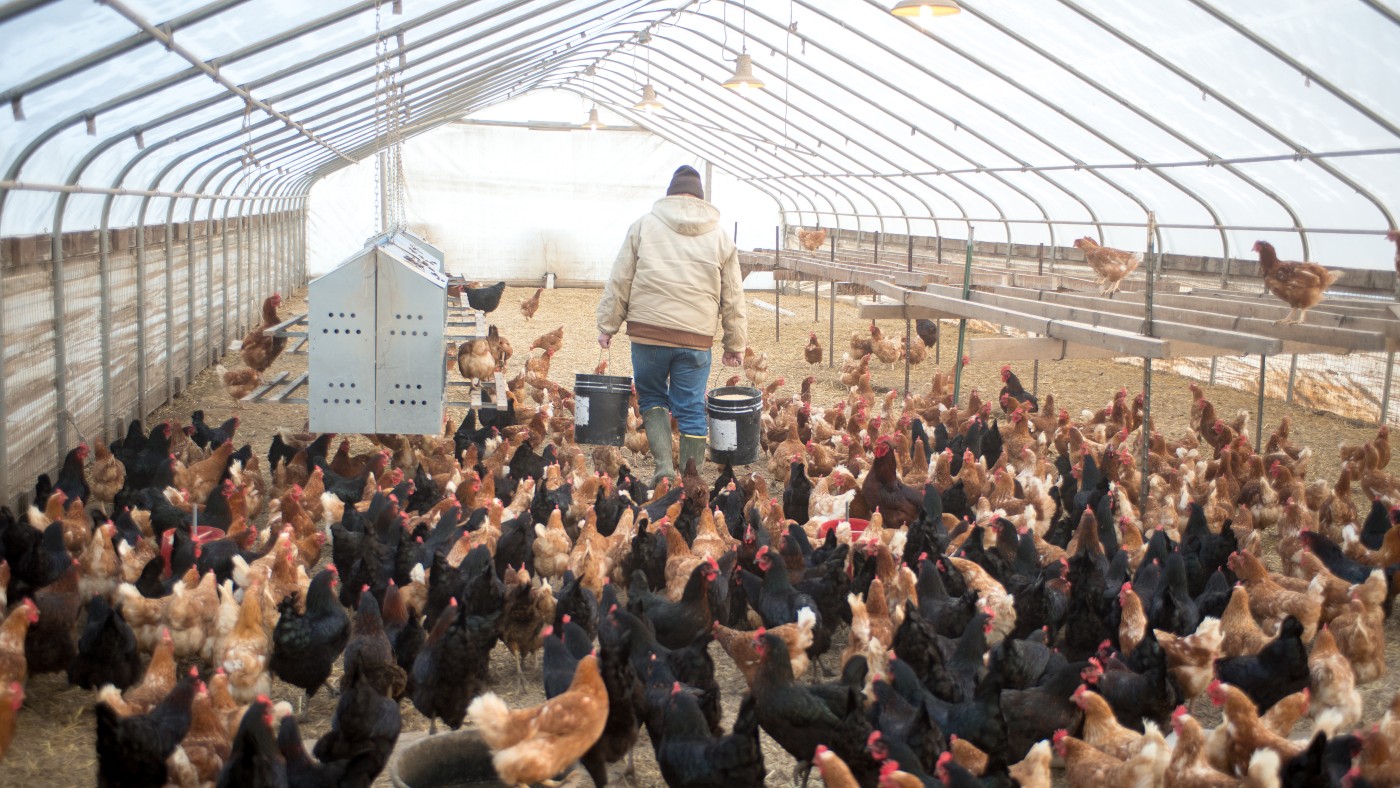The U.S. Department of Agriculture’s new “Transparency in Poultry Growing Contracts and Tournaments” rule is granting North Carolina farmers more bargaining power.
The rule, introduced by Secretary of Agriculture Tom Vilsack under the Packers and Stockyards Act, aims to address the power imbalance in the poultry industry.
Aaron Johnson, senior program manager with Rural Advancement Foundation International, said one significant improvement is the requirement for poultry companies to share essential information such as the number of flocks and the guaranteed minimum flock stocking density each year. He added these measures are crucial in combating unfairness and market power abuse.
“Contract poultry growers don’t own the chickens that are on their farm, they don’t own the feed that is fed to those chickens or the medicine that’s used to keep them healthy. All of that is provided by the integrator,” he explained. “And so, if your integrator is potentially upset with you, they can provide you with really poor inputs and cause your income to tank.”
Johnson said growers now receive information on the income ranges of current farmers in their region, and added this helps create a more competitive and transparent environment, enabling them to compare the quality of the inputs they receive.
While this rule represents a significant step forward, Johnson emphasizes the need for further progress. He stressed that despite having access to essential information, farmers still lack sufficient protection against deceptive claims and safeguards to address concerns openly and freely.
“We work with so many growers at RAFI who either are former growers or current growers who have experienced retaliation in various forms from their integrator, especially for speaking out in any public way about unfair practices they’ve observed,” he explained.
He said the proposed Inclusive Competition and Market Integrity rule aims to address these issues. Moving forward, he says RAFI will continue to push for a USDA rule that ensures growers are fairly compensated based on their production.


